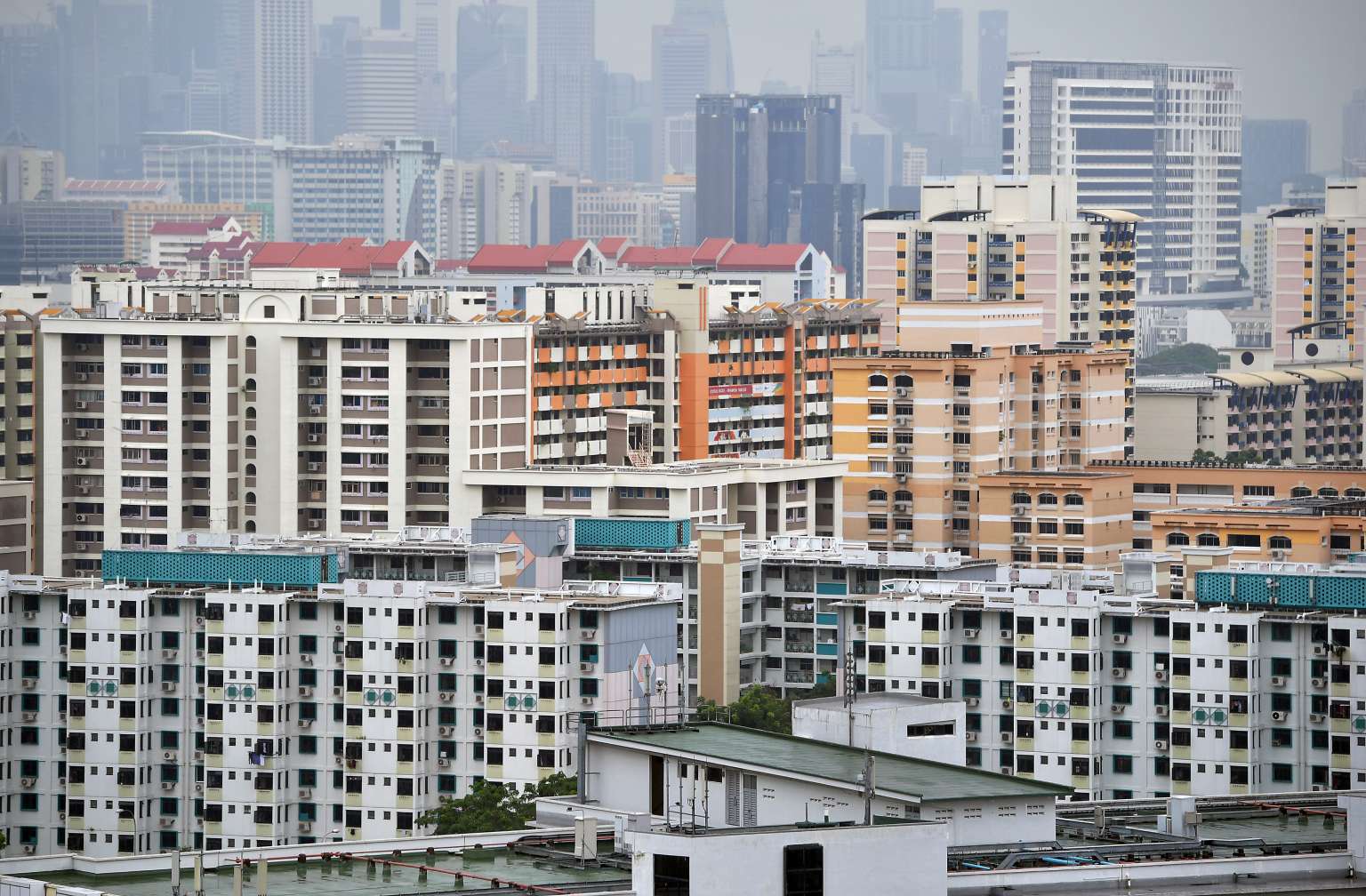NEA to raise energy efficiency standards of household refrigerators from December 2017
Sign up now: Get ST's newsletters delivered to your inbox

The National Environment Agency will revise Minimum Energy Performance Standards for refrigerators so that consumers can enjoy greater energy cost savings.
PHOTO: ST FILE
SINGAPORE - Do you know that refrigerators account for about 18 per cent of total household electricity consumption?
The National Environment Agency (NEA) will revise Minimum Energy Performance Standards (MEPS) for refrigerators from December 2017 so that consumers can enjoy greater energy cost savings, it said in a press release on Friday (Nov 25).
A household can save about $75 in electricity bills a year by using a more energy efficient three-tick refrigerator model instead of a one-tick model. The least energy efficient one-tick models, which make up about 15 per cent of currently available models on the market, will be phased out when the new standards are introduced.
However, there will still be a wide range of refrigerator models available to consumers and suppliers are expected to introduce new models.
The raising of energy performance standards is part of the NEA's continual effort to help households become more energy efficient and contribute to Singapore's Climate Action Plan to reduce carbon emissions.
Since the introduction of mandatory energy labelling in 2008 and MEPS for refrigerators in 2011, the average efficiency of refrigerators has improved by about 26 per cent, resulting in more than $18 million in annual energy cost savings for households, or the yearly electricity consumption of around 14,000 homes.
These measures have also led to a total carbon reduction equivalent to the annual carbon emissions of close to 9,000 cars.
Importers, manufacturers and retailers have been given early notice of the enhanced MEPS to prepare for its implementation. NEA will continue to review MEPS to assess whether standards for household appliances should be raised.
More details on MEPS for refrigerators can be found at www.nea.gov.sg/els. Households can also use the Life Cycle Cost Calculator found on the E2Singapore website (http://www.e2singapore.gov.sg/) and in NEA's myENV mobile app to determine the potential cost savings from using more energy efficient appliances.


